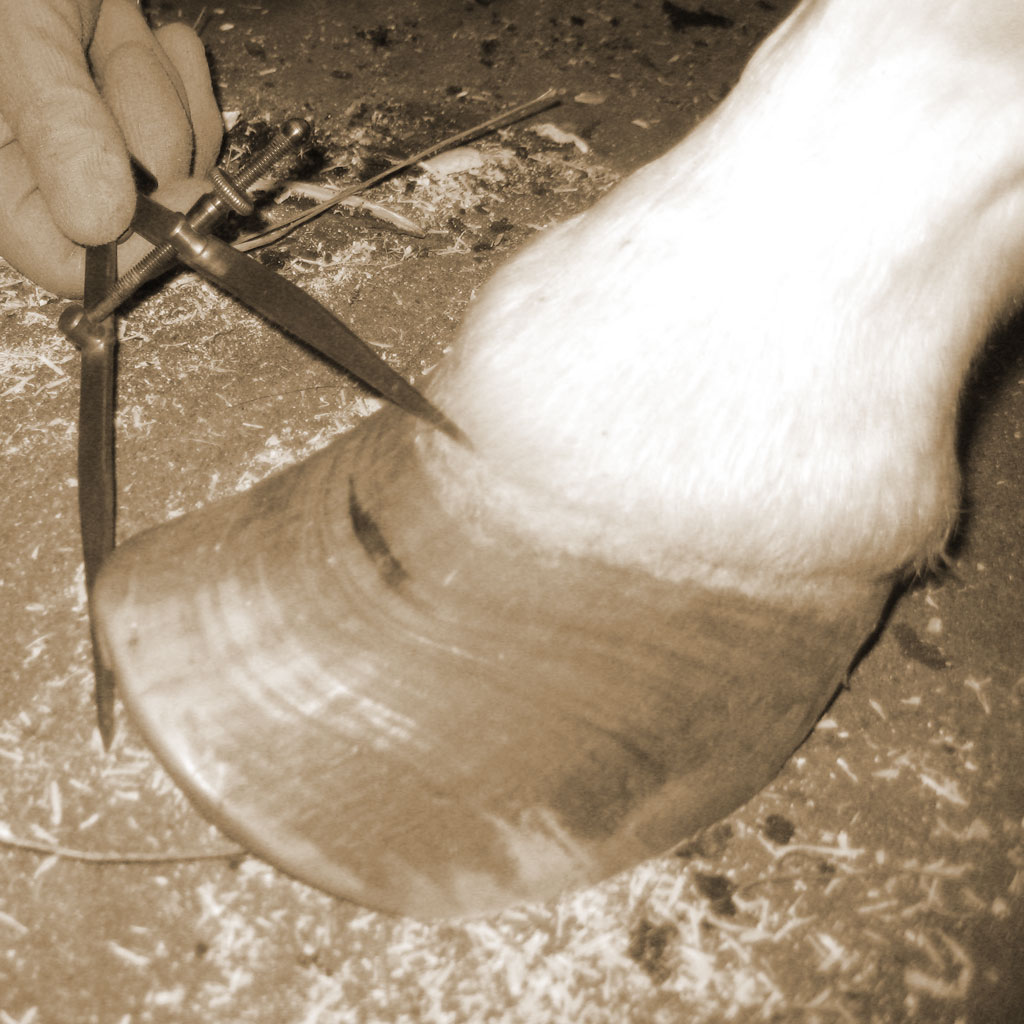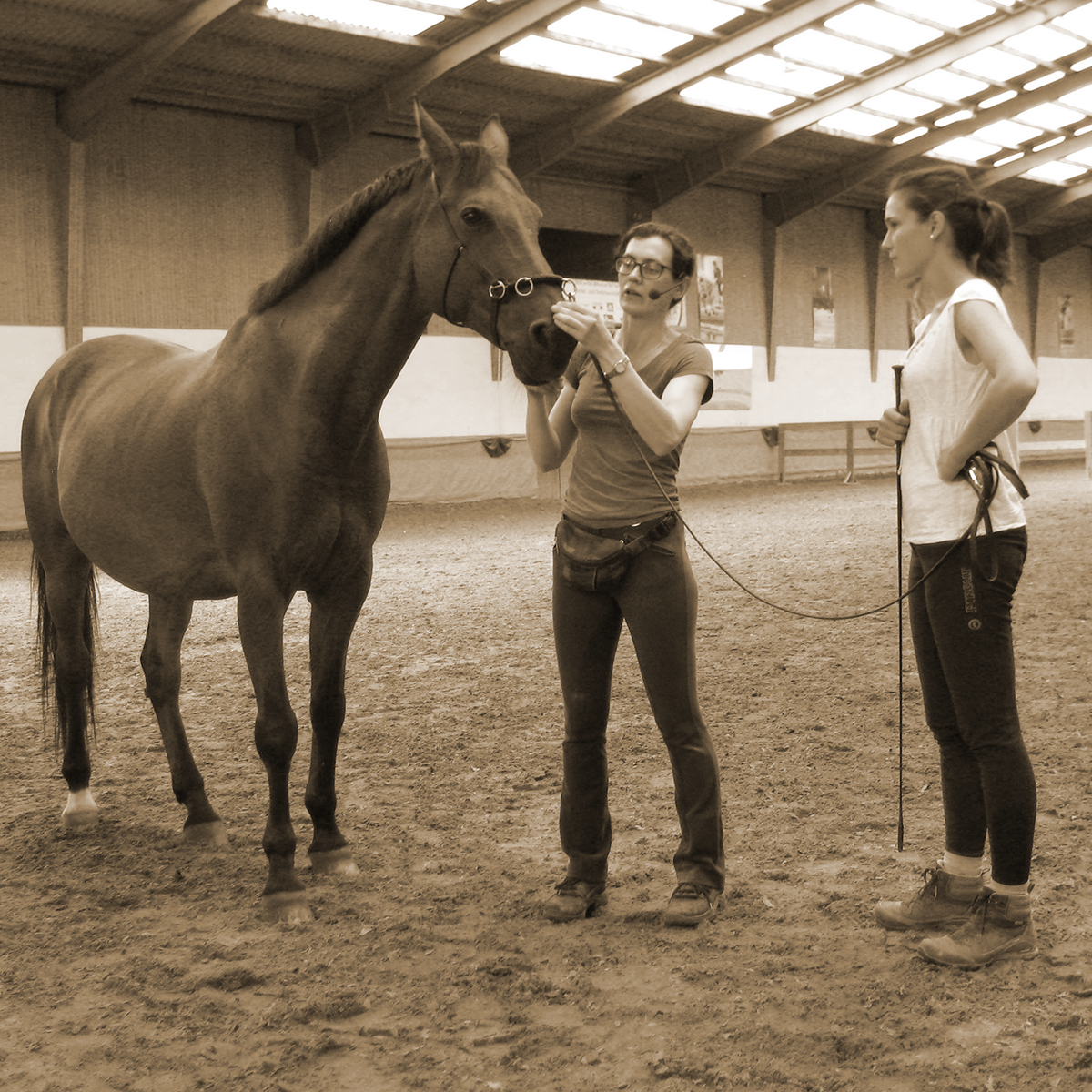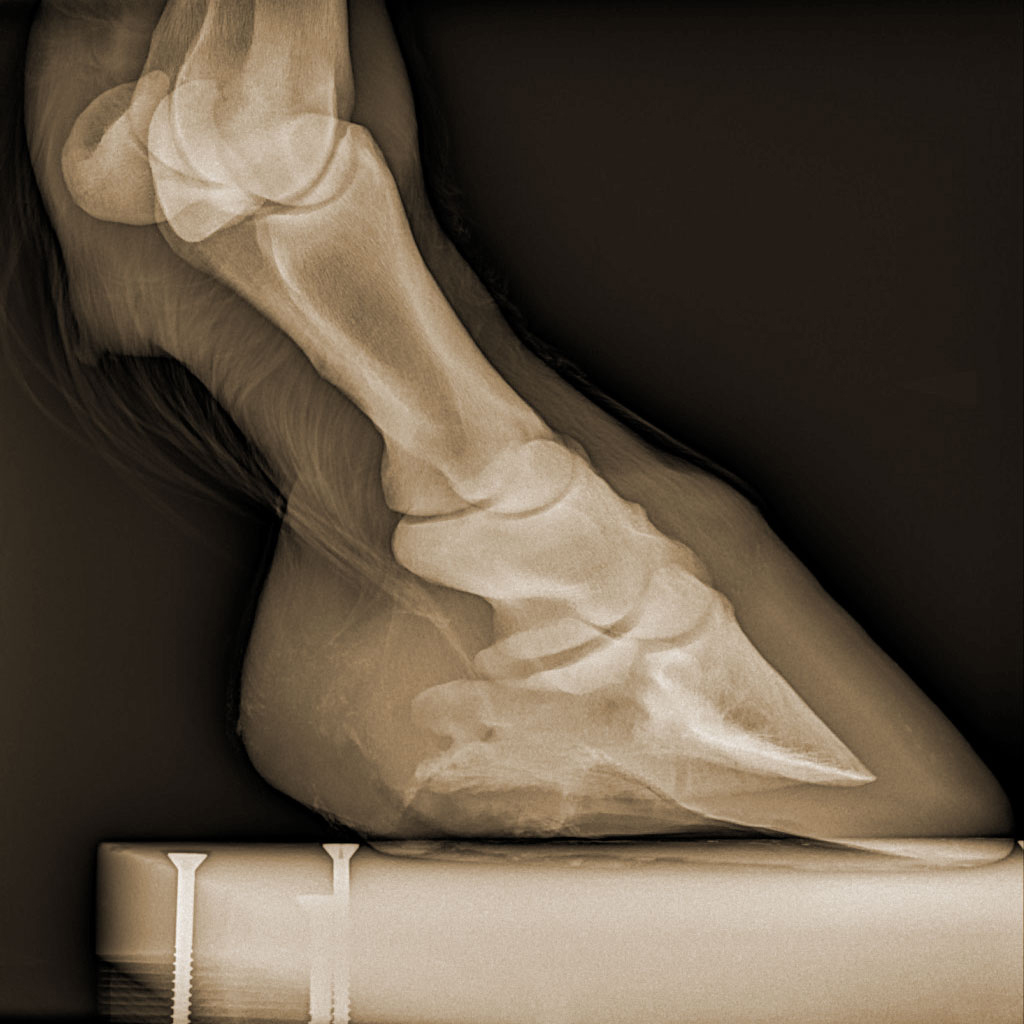


We have long believed that hoof care programs in general have some serious deficits in what they cover; hence, the Comprehensive Hoof Care Workshop was designed to address these lacks with respect to the beginning hoof care student. However, as the student starts to take on, and gain experience with, client horses, other issues invariably surface that require additional knowledge and experience to increase his/her success with more challenging cases. We have assembled what we believe are the most essential of these in our Advanced Practices Day: Core Classes offering. Although this day is a requirement for those pursuing the first level of hoof care certification (Comprehensive Hoof Care Practitioner), many horse owners will find the material interesting and extremely useful as well. This full day of classes (8 hours) is offered on the Friday immediately following the Comprehensive Hoof Care Workshop to allow both Workshop attendees to easily include this extra day, and Advanced Practices Day: Core Classes attendees to come early and participate in a Workshop day or two if they so desire. The price includes Friday lunch and dinner.
Here’s a brief description of each of the Advanced Practices Day: Core Classes topics –
Trimming the Laminitic Horse (120 min.)
Understanding the physical changes to the foot that occur with laminitis is absolutely crucial to providing comfort and expediting healing at the ground level. We’ll discuss the types and causes of laminitis, demonstrate how to successfully and safely trim the laminitic foot, and offer advice on counseling owners of laminitic horses.
Understanding Navicular Disease (60 min.)
Navicular disease is arguably the most frequently-diagnosed cause of lameness in the horse, yet few truly understand what navicular disease is – and isn’t. We’ll help the hoof care practitioner make sense of the “navicular” diagnosis, and offer proven advice on prevention and management.
Basics of Equine Behavior (60 min.)
As hoof care practitioners, much of our efforts in dealing with client horses end up being unnecessarily lengthy and frustrating because of behavior issues. This class will focus on equipping the practitioner with an understanding of equine behavior principles so he/she may better advise and assist the client in dealing with difficult behaviors.
Equine Lameness Identification (60 min.)
Although the foot is usually assumed to be the source of any lameness in the horse, it’s often located elsewhere. But the first step in addressing any lameness is identifying the affected limb, which can be a truly daunting undertaking. Class discussion will include techniques for determining the location and cause of lamenesses.
Equine Foot Radiography (60 min.)
The hoof care practitioner is often called upon to examine radiographs of the horse’s foot when pathologies are suspected or patently obvious. This veterinarian-led session will provide an introduction to radiographic practices, including terminology, positioning, and interpretation.
Fundamentals of Equine Nutrition (120 min.)
Healthy hoof function & form is impossible without the necessary nutritional building blocks, which means a diet tailored to the specific requirements of the horse. This PhD equine nutritionist-taught class will cover the basics of a proper equine diet, including advice about what and when to supplement.
